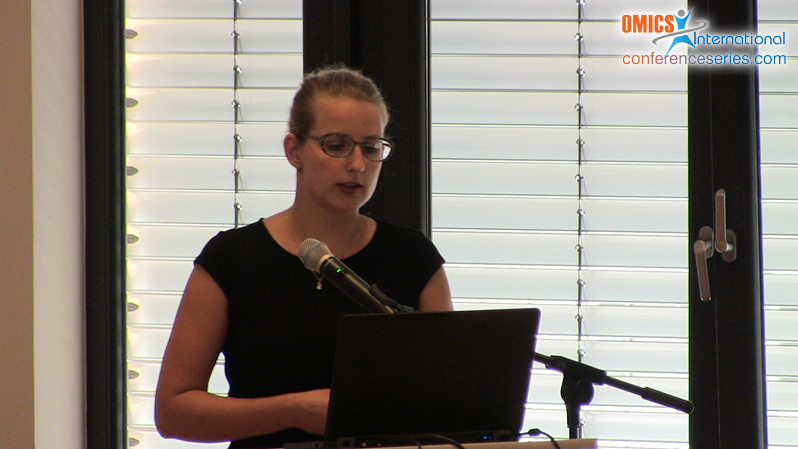
Eva KvasniÄková
University of Chemistry and Technology Prague, Czech Republic
Title: In vitro determination of baicalein and chitosan action on Candida parapsilosis, Candida krusei and Trichosporon cutaneum biofilm
Biography
Biography: Eva KvasniÄková
Abstract
Biofilms are highly organized matrix-enclosed microbial communities irreversibly attached to a surface. The phenotype and gene transcription of cells in these communities is changed and they are capable to contaminate medical instruments and industrial devices or induce most serious problem – initiation of serious biofilm-associated human infections. The possible solution is to stop the biofilm formation by inhibition of microbial adhesion on the surface of such devices or to eradicate a pre-formed biofilm. In this study, we propose the option of biofilm treatment by natural substances as an alternative solution. The selected natural substances were flavonoid baicalein and polysaccharide chitosan. Polyene antibiotic amphotericin B, in medicine typically used drug often ineffective for biofilm-associated infections treatment, was used as the control. The representatives of opportunistic pathogenic yeasts were Candida parapsilosis, Candida krusei and Trichosporon cutaneum. These yeast strains were cultivated in 96-wells polystyrene microtiter plates and the colonized area of the well bottom was measured using a Cellavista device. We confirmed the insensitivity of amphotericin B in almost all cases, contrary to efficiency of baicalein and chitosan in significant decreasing of the colonized area in the wells. Baicalein exhibits high effectivity especially in reduction of pre-formed biofilm biomass. On the other hand, chitosan is primarily effective in microbial adhesion inhibition. Our results suggest that the application of natural substances could be a promising way for biofilm infections treatment.

